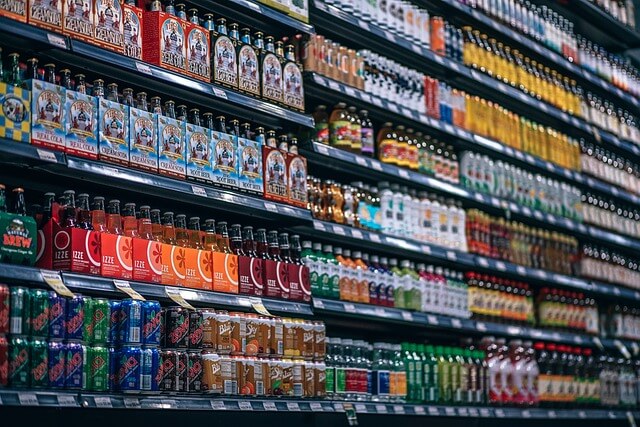Advancements in Commercial Cooling Systems: Boosting Efficiency and Product Longevity
Industrial cooling systems are undergoing a significant metamorphosis due to the convergence of technology and an increasing focus on food quality and efficiency. This transformation is about changing how we store, preserve, and use our perishables—it’s not just about keeping food cold. Innovations in this field are becoming more and more important as companies try to satisfy the competing demands of efficiency and freshness.
A major advancement in commercial refrigeration is the incorporation of cutting-edge cooling technologies. These systems are made to keep temperatures more constant, minimizing the thermal swings that might cause food to deteriorate. These systems improve food preservation and reduce energy usage by using environmentally friendly refrigerants and cutting-edge compressors. In the modern business world, where cost-effectiveness and sustainability are major motivators, this dual benefit is especially pertinent.

Image Source: Pixabay
The implementation of intelligent refrigeration technology is yet another progression that is noteworthy. The Internet of Things (IoT) and sensors that are integrated into these systems allow for the control and monitoring of temperature and humidity in real time. This link not only ensures that the storage conditions are appropriate, but it also provides comprehensive data analytics. Businesses have the ability to track consumption patterns, identify areas of inefficiency, and make improvements in order to increase production. The incorporation of intelligent technology into industrial cooling systems is a major step that enables previously unattainable levels of control and insight.
Further areas where current inventions excel are in the focus on improving food safety. These days, sophisticated refrigeration systems have components that prevent the formation of bacteria and other infections. This is accomplished by antibacterial coatings and UV light purification, which provide a safer storage environment for perishables. This ensures customers of the quality and safety of their food while also assisting in increasing the shelf life of food products.
The most recent advancements in refrigeration systems continue to prioritize energy efficiency. Modern models are engineered to function better while using less energy. This is accomplished by using more effective cooling cycles, improved insulation, and, in certain situations, renewable energy sources. These energy-efficient refrigerators are a prudent investment for the future because they benefit businesses and the environment at the same time by lowering operating expenses.
Commercial refrigeration units’ usability and appearance have also significantly improved. Because modern designs are streamlined, small, and adaptable, they fit in well with a variety of commercial environments. Staff members can monitor system performance and make adjustments to settings more easily thanks to more straightforward user interfaces. This user-centric design improves these devices’ functioning while also making the workplace more comfortable and productive.
Finally, it is impossible to ignore the tendency toward flexibility and customisation in refrigeration. Realizing that there is no one-size-fits-all answer, manufacturers are now providing solutions that are tailored to certain demands and environments. The array of choices offered is astonishing, ranging from scalable modular units to produce-specific refrigerators catering to particular beverage or food varieties. For businesses that need customized solutions to match their specific refrigeration needs, this flexibility is priceless.
The commercial refrigeration industry is changing quickly, with a distinct emphasis on improving sustainability, efficiency, and freshness. Not only are these advancements technological, but they also signify a move toward more intelligent, adaptable, and sustainable food storage options. These developments in industrial cooling systems provide optimism and a route to a more sustainable and effective future as companies continue to face the difficulties of energy management and food preservation. By using these technologies, companies can make sure that their products meet and even surpass the expectations of today’s consumers, putting the wellbeing of the environment and the caliber of their offerings first.

Comments